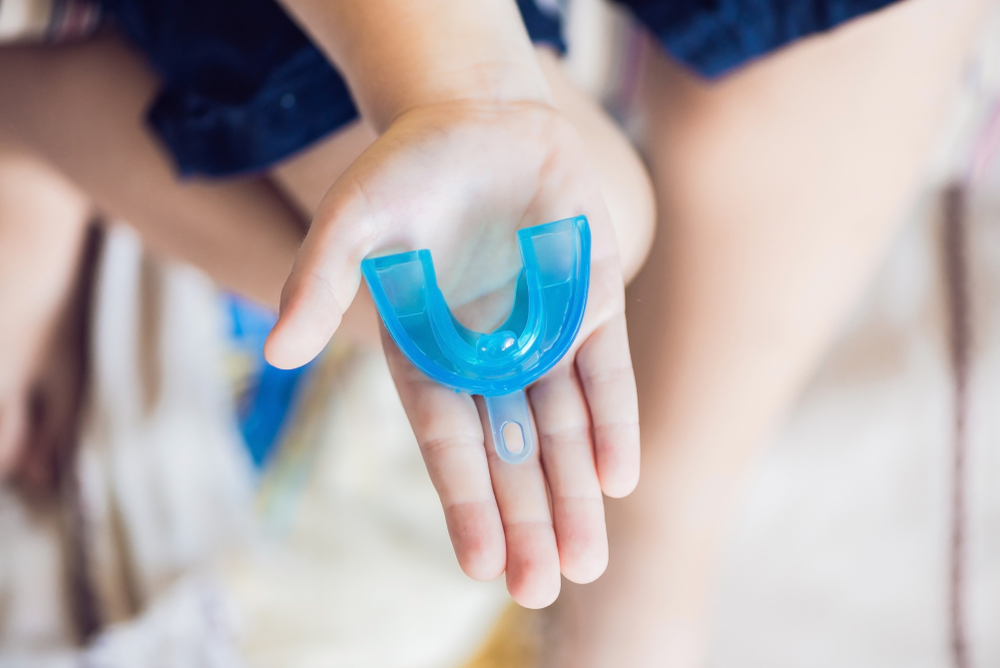TREATMENT
What are the benefits of wearing a mouth guard?
It can be expensive and difficult to repair or replace damaged teeth. However, wearing a mouth guard when participating in contact sports will help you avoid:
- Teeth that have been chipped or missing
- Nerve damages to a tooth
- Soft-tissue injury in gums, inside cheeks, and gums
- Tension of the jaw and pain
How do I care for a mouth guard?
Before you put on a mouth guard, make sure to clean or brush your teeth well to prevent bacteria from possibly sticking on your mouth guard.
Moreover, here are some ways on how you can take care of your mouth guard:
- Keep your mouth guard aways from excessive heat since it can warp and change the form of your mouthguard.
- Keep the mouth guard in a well-ventilated and durable protective case.
- Secure the mouth guard away from dogs and other animals.


